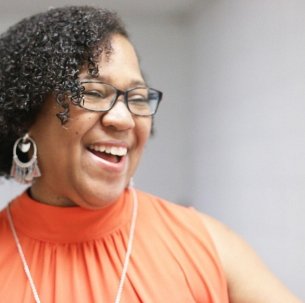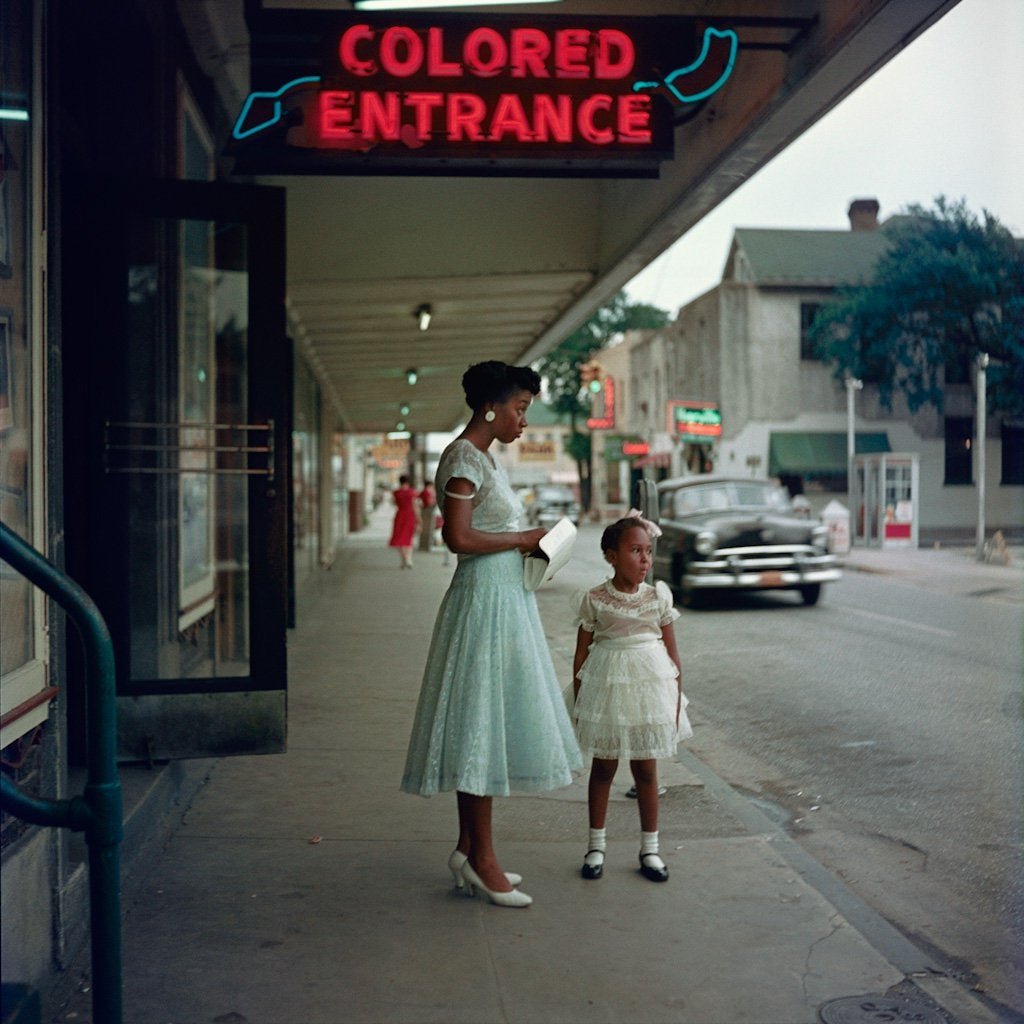Listen. Learn. Love: Kristie Anyabwile Answers Your Frequently Asked Questions
(Note from Trillia: You’ve asked me to answer some of your most frequent questions regarding racial reconciliation and I’m happy to say that I’ve recruited a few friends to assist me. Over the next few days, I’ll have guest posts from Kristie Anyabwile and Jemar Tisby. Kristie is up first. Kristie has become a dear sister who I speak with often. She is humble, gentle, honest, and kind. She loves deeply and wants to see the same unity I desire. I pray you will be encouraged by her today.)
What can I do?
Among my white friends, this has been the most asked question. They want to be active and engaged in some way to respond to the pain they see playing out in America and to their own pain. Words like listen, learn, and love may sound simplistic, but I think they go a long way in empathizing with the burdened.
Listen. Ask your black friends how this past week, even the past couple of years, has been for them. Then be quick to listen (James 1:19). Hear their heart. You are likely to hear stories of mistreatment, racial slurs, microaggressions, fears for themselves and their children. Don’t offer explanations or solutions. Just listen. How can we bear one another’s burdens if we don’t listen to what those burdens are?
Learn. Spend some time learning about the history and plight of African Americans. We’ve had to do the same. I was introduced to black history and culture in college. Learning about the broad accomplishments of Africans and African Americans opened my eyes and world in ways that have only benefited me over the years. Prior to that, my exposure to my own history came from a few family stories about their experiences during the Jim Crow and Civil Rights era, watching ROOTS as a child, and a few minutes in a class or two where we heard about Harriet Tubman and Martin Luther King, Jr.. Do a little research and learn the history that gives context for what we are dealing with today in regards to race relations in America.
Love. Love one another deeply from the heart (1 Peter 1:22). As you listen and as you learn, love your brother or sister as yourself. Grieve with them. Hope together. Pray for them. Speak and pray words of encouragement to them. Let your love move you to action. Participate in a local peace forum or demonstration with your friend. Lock arms with them against injustice. Actively, vocally oppose injustice whenever and wherever you see it. “He has told you, O man, what is good; and what does the Lord require of you but to do justice, and to love kindness, and to walk humbly with your God?” (Micah 6:8) In love, encourage your white family members and friends to listen, learn and love along with you.
I’m afraid to speak. How can I speak about this topic well?
Some of you are fearful of speaking up on behalf of your black sisters and brothers who are hurting. You don’t want to be misunderstood. You don’t want to say something inadvertently insensitive. You don’t want backlash from family and friends and coworkers. You’re tired. You’re hurting as well. You don’t know what to say, so you say nothing.
I get it. You feel vulnerable. It too saddens me that often the white voices we hear most and loudest are those that are least empathetic and gracious. I believe there are more of you who have words of grace and encouragement and love and hope for your black brothers and sisters. I believe there are more of you who have gracious words of correction and perspective that you can offer to your harsher white brothers and sisters. We need to hear from you.
May I encourage you to trust the Lord with your words? This is something the Lord has been teaching me for a number of years. Too often when I’m prompted by the Lord to speak, I think He’s gonna leave me once I open my mouth, and that my words are mine alone. But the One who gave me my mouth is with me and will give me the words He wants me to speak. This is true for you as well. You can trust Him. “The fear of man lays a snare, but whoever trusts in the Lord is safe (Proverbs 29:25).” Fear of man can either torment us or tempt us. Torment comes in agonizing over all the “what ifs” and playing back the worst-case scenario in our minds, stifling our voices. Or, in our fear of man, we may be tempted to sin in the form of disobedience or refusing to identify with Christ’s suffering when He graciously grants that stewardship to us through the words He prompts us to speak. But remember that there is safety in trusting the Lord. You never have to be ashamed of trusting Him. He will keep you. He is your confidence and will bless those who have ears to hear by your words that are prompted by His Spirit.
Is there hope?
Of course there’s hope! We are exiles, living in temporary dwelling until our Deliverer comes to take us home to glory. We hope for this. We long for this. It seems far off, but we know neither the day nor the hour when our Savior will appear. So, we ask the Lord to come quickly. We work to make disciples by sharing the good news of the gospel.
But is there hope in this life? Yes! We can hope for a better society for ourselves and the next generation. But we do not have an effortless hope. We must work toward the good of our land, and we must pray. We work for the betterment of our society as we participate in our political process, serve in our neighborhoods, and take an active role in caring for the neglected. No, our world is not perfect. But we must acknowledge the progress that has been made and ask the Lord for more. Our hope fizzles when we forget God’s active grace in our lives. He has been and always will be faithful. He has been faithful to keep us and to bring us this far. We can trust Him to continue to pour out His grace to us. As the gospel hymn writer stated, “We’ve come this far by faith, leaning on the Lord, trusting in His holy Word. He’s never failed me yet.”
Our hope is fueled and enflamed by prayer. We must pray for those who are in authority over us. We must pray for their salvation. Pray for their leadership to be honorable and full of integrity. Pray for laws and leaders who work for the safety of all. Pray for justice. We do this so that we all might be able to live peaceful and quiet lives in a godly and dignified way (1 Timothy 2:1-2).
“But seek the welfare of the city where I have sent you into exile, and pray to the Lord on its behalf, for in its welfare you will find your welfare.” (Jeremiah 29:7)
Kristie is a pastor’s wife, mom, speaker and writer. She joyfully supports her husband of 25 years, Thabiti, as he pastors Anacostia River Church in Washington, DC. They have 3 children. Kristie disciples women in her local church, and speaks and writes about marriage, motherhood, and ministry. She has degrees in History and in African American Studies from North Carolina State University. She has written contributions to the ESV Women’s Devotional Bible; Word-Filled Women’s Ministry: Loving and Serving the Church; Women on Life: A Call to Love the Unborn, Unloved and Neglected; and Hospitality Matters: Reviving an Ancient Practice for Modern Missions. You can find her at www.iamconvinced.wordpress.com and follow her on Twitter at @kanyabwile.
RELATED CONTENT












Guest post by Isaac Adams
I thank God for folks who speak biblically about race. Whether it’s a black mom teaching her children that they also bear God’s image, or a white sister writing a prophetic blog post—there are many brothers and sisters take up this worthwhile battle…